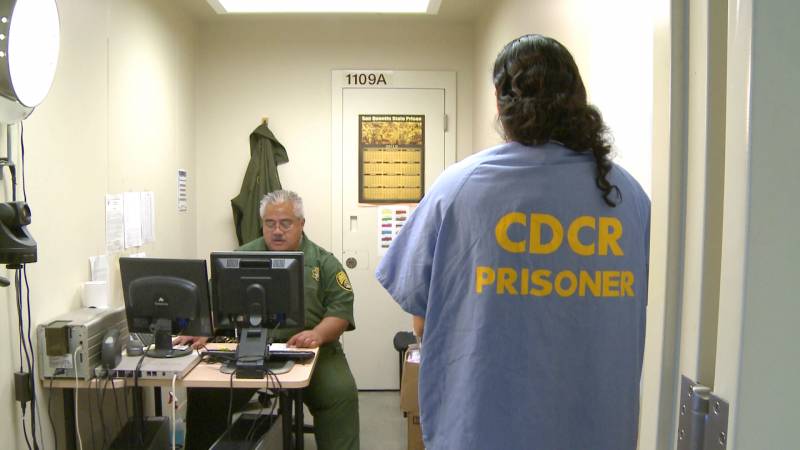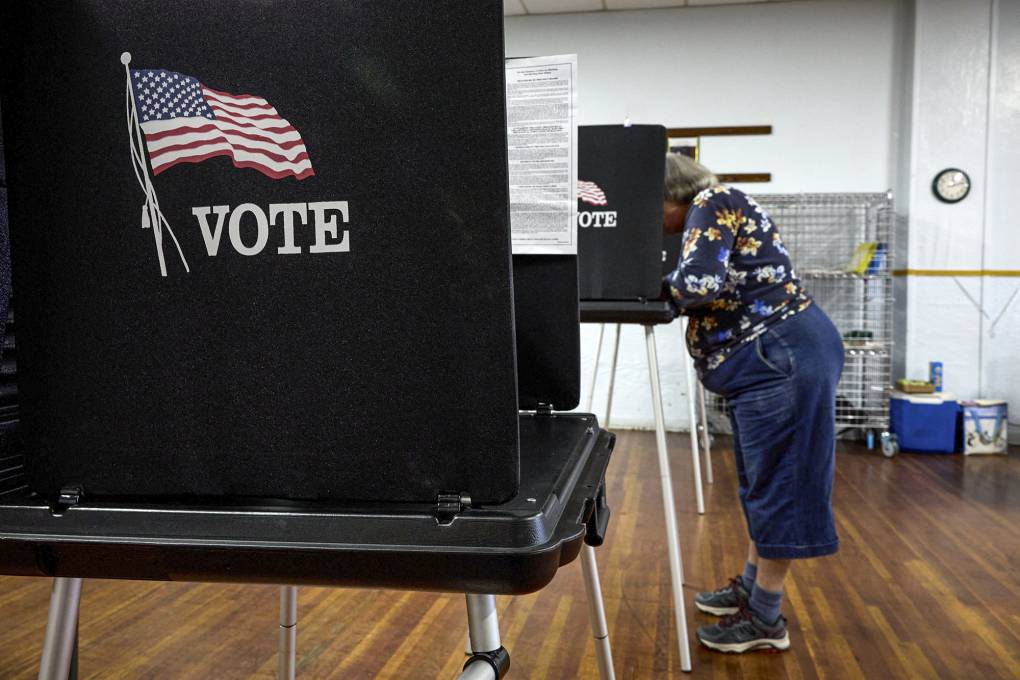In the 1990s, California led the nation in passing a spate of strict sentencing laws.
One of the harshest and most recognizable laws of that era was the 1994 three strikes law. The law put people in state prisons for decades after committing a third offense, even if it was a nonviolent crime. It passed with bipartisan support.
“It used to be, even in California, that an effective campaign was to talk about law and order — that you were really, really for it as a Republican or that you weren’t against it as a Democrat,” said Fernando Guerra, a political science professor at Loyola Marymount University.
As the state packed its prisons and spending ballooned, however, public sentiment slowly began to change.
In 2011, when the U.S. Supreme Court ruled that prisons were so overcrowded that conditions inside were unconstitutional, the state finally acted.
First, lawmakers passed a bill mandating jail, instead of prison time, for most nonviolent crimes. Then in 2014, voters passed Proposition 47, decreasing penalties for drug use and petty theft.
Two years later, voters passed Proposition 57, letting thousands of prisoners qualify for early parole.
All of the changes were approved over the objections of law enforcement, who warned they’d lead to spikes in crime. Supporters of those measures say that never happened.
“You’re in the midst right now of monumental decline in crime here in California,” said Maureen Washburn, a policy analyst at the Center on Juvenile and Criminal Justice, which advocates for less incarceration.
“In 2019, we actually reached the lowest level of crime in California in 50 years,” she added.
However, those pushing a rollback of the reforms say there’s at least one area where crime has continued to climb: theft.
Proposition 20 consultant Temple said theft has increased by 30% since Proposition 47 passed.
Proposition 20 would make it easier to charge someone with felony theft and easier to send someone back to jail for violating their probation. And adding crimes such as domestic violence and rape of an unconscious person to the list of violent crimes would prevent thousands of prisoners from being considered for early parole.
Temple said it’s a simple concept: People who have committed violent crimes shouldn’t be eligible for early release.
However, in this moment of racial reckoning and amid calls for more oversight of police and prisons, Temple and other Proposition 20 proponents are quick to contend that the measure won’t send any new people to prison.
“It’s written there that no matter what your theft, nobody goes to prison for stealing in a store, for shoplifting,” he said. “They won’t go to prison. That’s in the initiative. It cannot happen, and it won’t.”
Technically, he’s right: Proposition 20 would likely send more people to county jails, not state prisons, while keeping some people in prison longer. However, for a ballot measure backed by prosecutors and police, the emphasis on keeping people out of prison is a noticeable shift away from “lock them up and throw away the key.”
Temple also says Proposition 20 would help people with drug and mental health problems that are falling through the cracks. Many critics of Proposition 47 have complained for years that after the measure passed, prosecutors and courts lost leverage to push people into treatment. That’s because without the threat of jail time, some offenders would just take a misdemeanor conviction instead of agreeing to participate in rehabilitation programs to avoid jail.
“How is this taking care of them — by letting them over and over steal and not get treatment?” Temple said.



